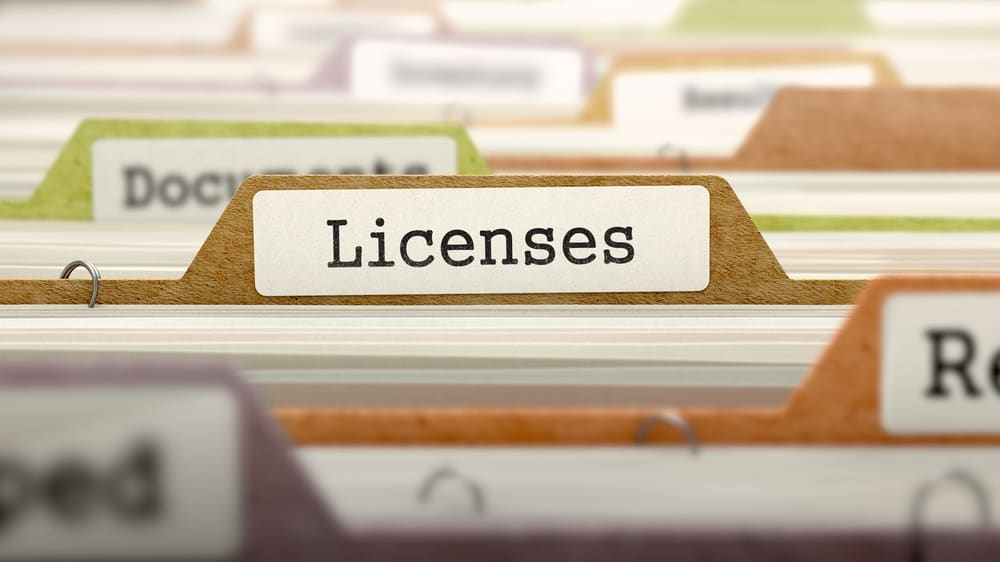When looking to open up your practice as a chiropractor, there are several legal regulations that you will need to keep in mind so that you are credible and compliant in your community. Starting a practice involves more than buying chiropractic tables and organizing marketing efforts. As a chiropractor opening up your practice, you will need to focus on the professional licenses you need to practice, a business license, and tax regulations that you will need to comply with to keep your practice legitimate.
-
Licensing Requirements to Practice
Like many other healthcare practitioner occupations, chiropractors need to complete four years of schooling after graduating college. As soon as they complete their education, they will need to complete an internship and pass an exam required to be licensed. Chiropractors who plan on starting up their practice will need to be licensed by their state. They will also need to make sure that their licenses are up to date and currently valid to practice. With professional licenses, a chiropractor will comply with governmental regulations of the occupation and prove to patients that they can treat them.
-
Business Licenses
Since a chiropractic practice is also a business, you will need to have a valid business license. Most cities and states require chiropractors who operate independently to have a business license to remain a legitimate entity. A proper business license can allow them to file taxes and establish trust among patients more efficiently too. As a result, chiropractors who start their practice will need to get a business license and keep it valid each year to continue operating.
-
Tax Regulations
Whenever you start up a chiropractic practice, it is also important to keep tax regulations in mind. As a chiropractor, you will need to pay a variety of taxes to stay compliant. Chiropractors are liable for personal income tax, self-employment taxes, and fees for their business license. Since chiropractors are usually self-employed, they must pay about 8% of their income for social security and Medicare. They will also need to pay both state and federal income taxes as well. When practicing during the year, it is advised that chiropractors file and pay taxes each quarter to avoid a tax liability that can be difficult to pay. Staying compliant with the tax laws will enable a chiropractor to keep in business and avoid costly financial penalties.
Knowing about all of the legal aspects of running a chiropractic clinic will enable professionals in this field to avoid costly fines and eventual closure. Chiropractors will benefit by knowing about all tax laws to prevent financial difficulties that can jeopardize their business. They will also help by getting the proper business licenses to maintain a legitimate entity that the government and patients recognize in the community. Along with a business license and tax laws, chiropractors will also need to stay up to date on their professional licenses so that they can continue to practice without any interruptions. Finally, being aware of all of these legal aspects will help chiropractors achieve success when working independently with their practice.



